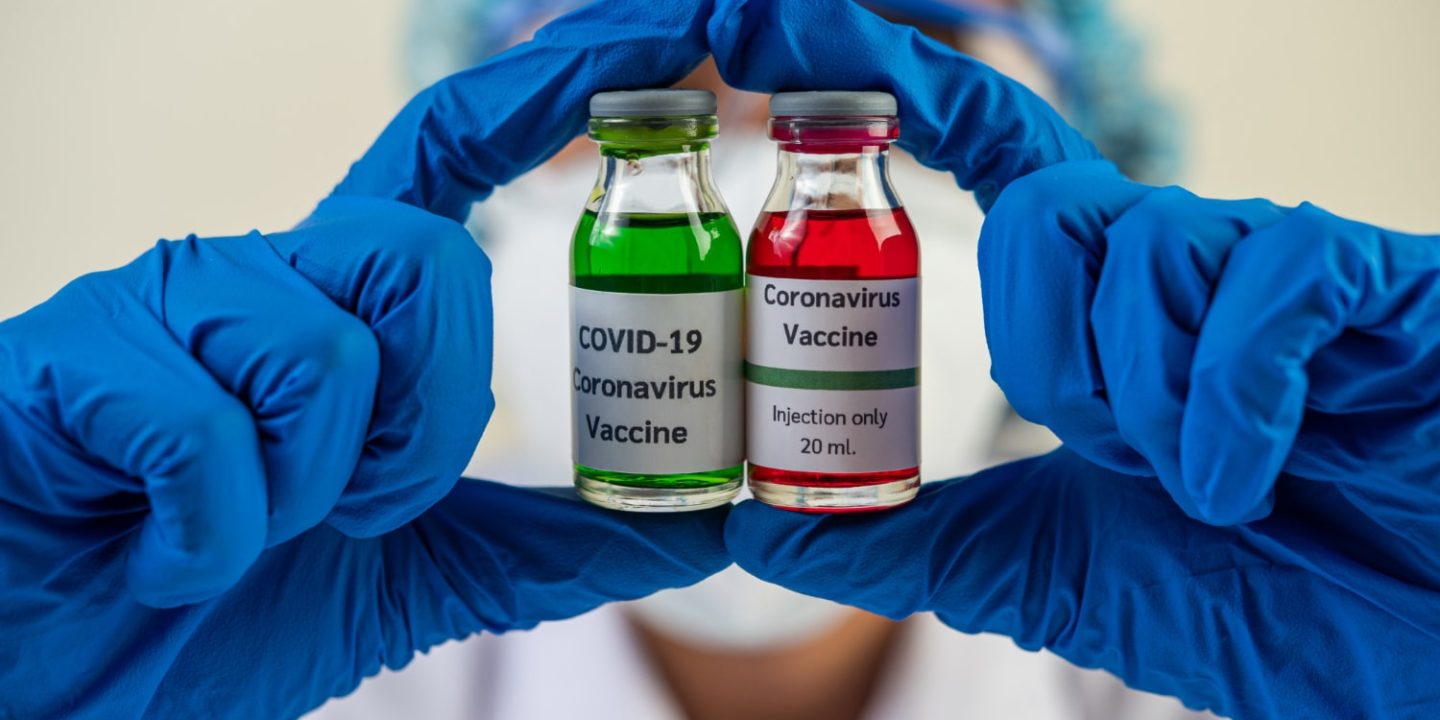
AstraZeneca has entered into an agreement with the Trump administration to lower drug prices for low-income patients in the United States, joining the president’s “most favored nation” (MFN) drug pricing initiative. The deal, which will be formally announced from the Oval Office, will allow the British pharmaceutical company to sell its medicines directly to consumers through the TrumpRx platform, according to MSNBC, citing a White House official.
This latest arrangement follows similar agreements made by Pfizer and Amgen under the administration’s push to align U.S. drug prices with lower international prices. The MFN program seeks to encourage pharmaceutical companies to reduce domestic prices and expand direct-to-consumer (DTC) marketing. AstraZeneca’s decision to participate comes after months of pressure from the White House to bring down prescription drug costs in the country.
In late July, President Trump sent letters to 17 major pharmaceutical companies outlining his priorities and urging them to adopt pricing models more closely tied to global benchmarks. He warned industry leaders that he would “deploy every tool in our arsenal” to ensure compliance and gave them until September 29 to commit to his pricing framework. While several companies expressed openness to elements of the plan, only Pfizer’s CEO Albert Bourla had met with Trump personally in the Oval Office prior to AstraZeneca’s announcement.
Under the TrumpRx initiative, pharmaceutical companies including Amgen, Bristol Myers Squibb, Novartis, and Boehringer Ingelheim have already set up programs to provide discounts to cash-paying patients. Pfizer was the first to formalize a comprehensive agreement, pledging to offer a “large majority” of its primary care products and certain specialty drugs at discounts averaging 50%. The company also committed to investing $70 billion in U.S. manufacturing and research, in exchange for a three-year exemption from potential pharmaceutical tariffs.
AstraZeneca’s deal mirrors aspects of Pfizer’s arrangement. The company will make a $50 billion investment in drug manufacturing and research and development in the U.S. as part of its agreement. It is unclear whether this represents a new investment or builds on the company’s earlier $50 billion manufacturing commitment announced in July. The company has already begun construction on a $4.5 billion drug manufacturing facility in Virginia, fulfilling part of the administration’s broader domestic production goals.
With this agreement, AstraZeneca becomes the third major pharmaceutical company in two weeks to announce participation in a direct-to-consumer pricing initiative. Pfizer made its announcement on September 30, followed by Amgen earlier this week with the launch of its AmgenNow platform. AmgenNow currently features one product, the cholesterol-lowering drug Repatha, offered at a 60% discount and accessible through TrumpRx.
Reactions to these initiatives have highlighted several unanswered questions about the structure of the DTC arrangements.
AstraZeneca Reaches Agreement with Trump Administration on Direct-to-Consumer Drug Pricing
AstraZeneca has announced a landmark agreement with the Trump administration to reduce drug costs in the United States by offering direct-to-consumer pricing and aligning U.S. prices more closely with those in other developed nations. The Washington Post+4AstraZeneca+4The White House+4
What the Agreement Entails
Under the agreement:
-
AstraZeneca will provide direct consumer (DTC) access to certain prescription drugs at discounted rates, offering reductions of up to 80% off list prices for eligible patients. AP News+3AstraZeneca+3The White House+3
-
The company will participate in the TrumpRx.gov platform, which aims to let patients purchase medicines directly from manufacturers at reduced cash prices. Financial Times+4CBS News+4AstraZeneca+4
-
For Medicaid, AstraZeneca will adopt “most-favored-nation” (MFN) pricing, meaning the U.S. will pay no more than the lowest price AstraZeneca offers in other developed markets. AstraZeneca+3AP News+3Financial Times+3
-
In return, the administration has granted AstraZeneca a three-year exemption from proposed tariffs on drug imports under Section 232. Financial Times+2The Washington Post+2







